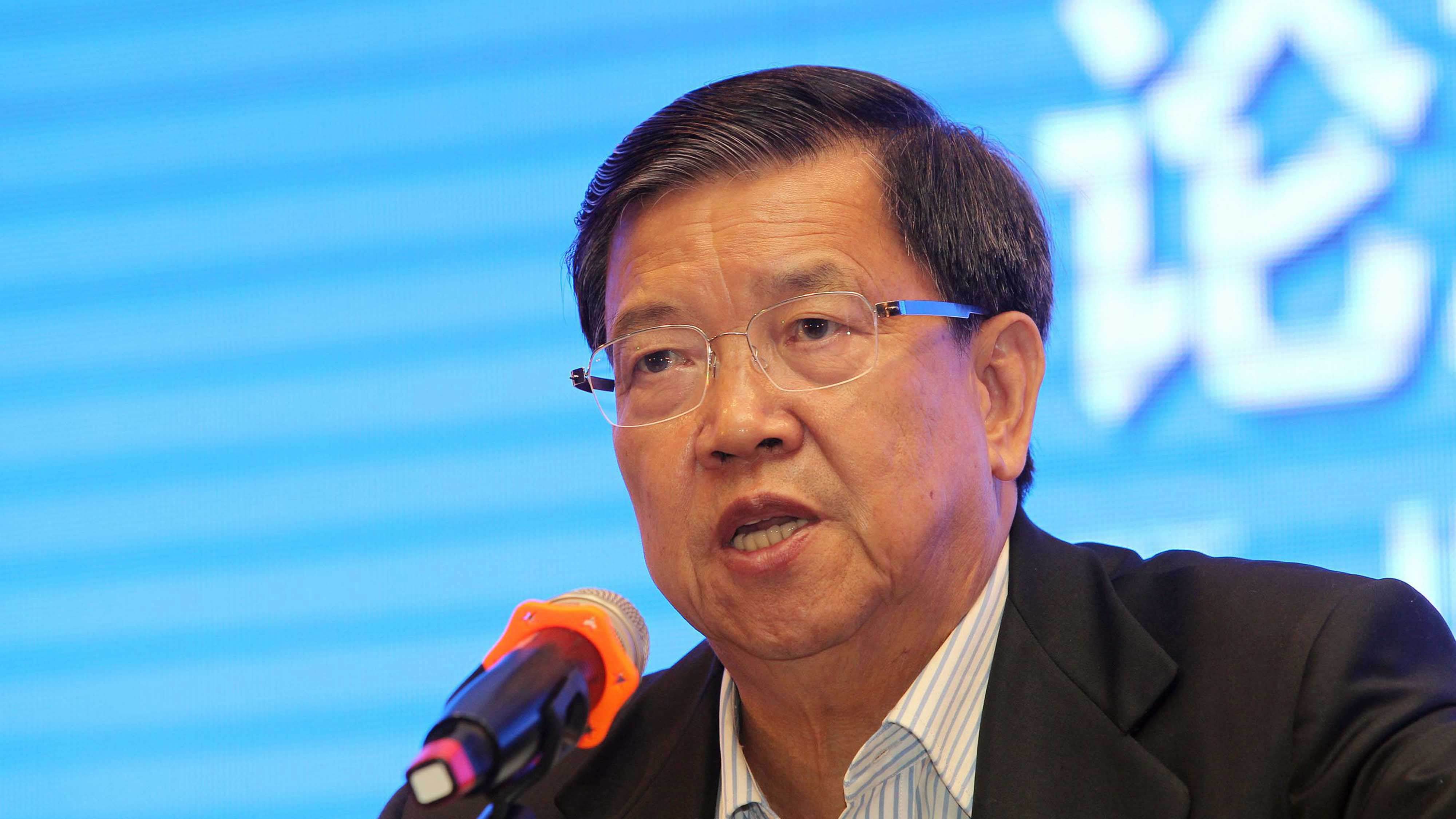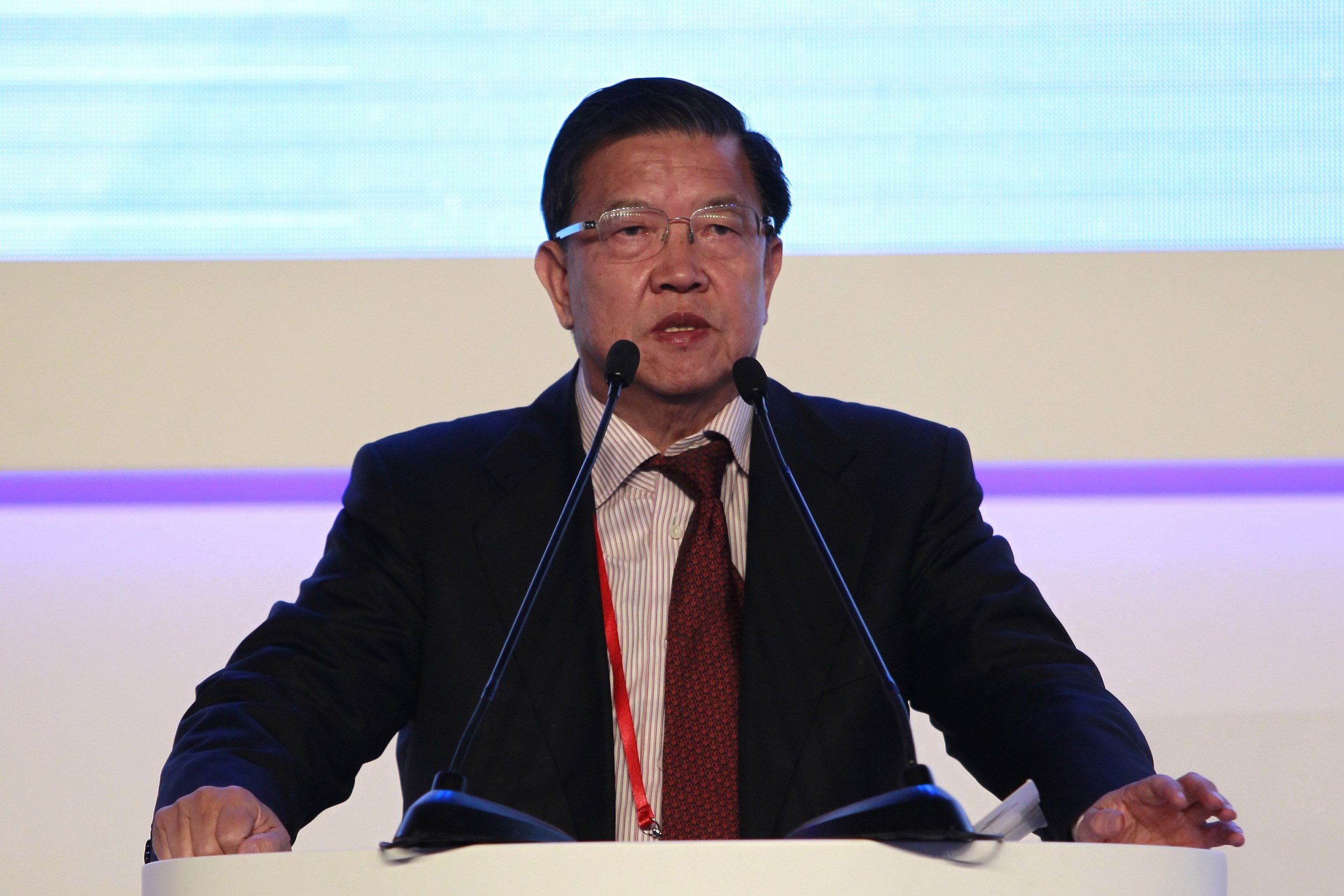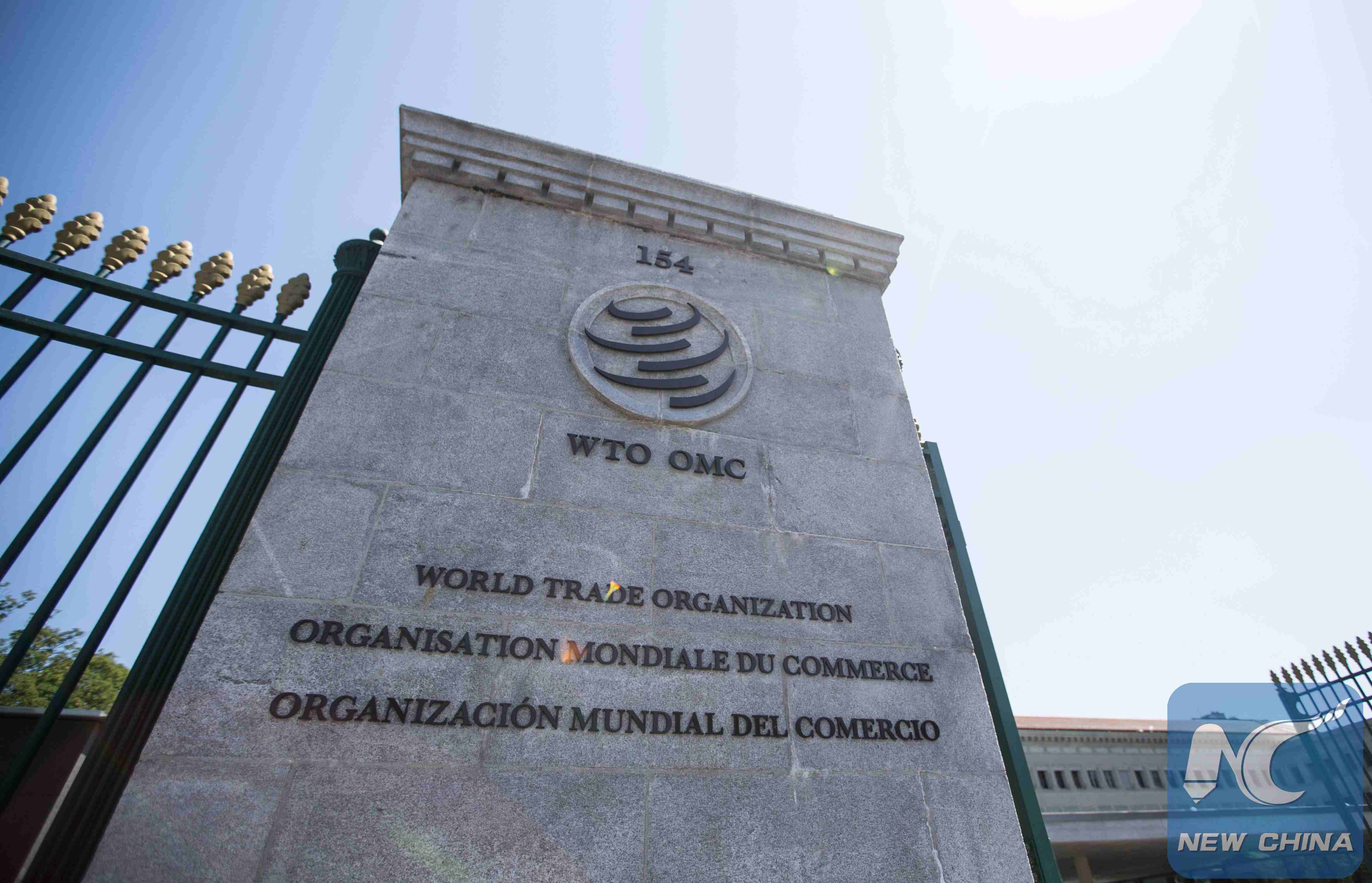
Business
15:10, 10-Sep-2017
China Footprint: Long Yongtu: China’s WTO entry benefits all
By CGTN's Zou Yun

Entry into the World Trade Organization (WTO) in 2001 marked full integration of China into the world economy. The country had gone through long and tough negotiations before it finally gained WTO membership.
Now 16 years after China’s entry into the WTO, Long Yongtu, China's former chief negotiator for WTO entry, still vividly remembers the historic moment.
Hard earned accession of WTO membership
On November 11th, 2001, a final gavel officially confirmed the WTO's endorsement of China’s membership. It was very hard-earned fruit after 15 years of arduous negotiations.
Long Yongtu was a key figure in this process. As the chief negotiator, he had to always strike a balance between defending the interests of China and making compromises to meet the demands of its counterparts.
Long Yongtu told CGTN’s Zou Yun that “it takes some time for both China and its negotiating partners to understand the nature of the negotiation.”

The picture shows Long Yongtu, China's former chief negotiator for WTO entry and Secretary General of Boao Forum for Asia. /VCG Photo
The picture shows Long Yongtu, China's former chief negotiator for WTO entry and Secretary General of Boao Forum for Asia. /VCG Photo
For instance, the United States and many other countries pressed hard on China to open up its auto industry to foreign investors.
In the beginning, China was wary that once the market was open, foreign automakers would swarm in and crush this crucial industry.
Long Yongtu said as hard as it seems, both sides finally managed to find a meeting point.
"We eventually agreed that auto industry investment has to abide by the rules, that joint ventures should be established, with 50-50 equity shares, that will guarantee interests for both foreign and local industries.”
And this was just one example of the numerous thorny cases that Long and his colleagues had to deal with.
Secrets of China's negotiator for WTO entry
Described by his counterparts as a tough, experienced negotiator, Long shared with CGTN the secrets he brings to the negotiating table.
"I have studied the WTO and GATT [General Agreement on Tariffs and Trade] rules very carefully. So at least I’m very professional. Because you are professional, you can be reasonable. So goodwill and being a good professional are the secrets of my negotiations."
Long said he’s familiar with every paragraph, every sentence, and even every punctuation of the 500-page agreement between China and the WTO.
But he said it takes more than just professionalism to seal the deal.
Watershed moment for China and the world
In the early morning of November 15, 1999, Long and some of the members of the delegation sensed there might be a breakthrough in negotiations with the United States.
He made an exceptional decision to call the then Chinese premier Zhu Rongji about the potential opening.
"When Zhu Rongji asked me: 'Do you believe we can have a deal with the Americans?' I answered: 'Yes, I believe so' without hesitation. That made Premier Zhu come all the way to the negotiation table and we got the deal. Even until today, I’m still very proud of my political courage and sense of responsibility for the country. It was very risky to make that phone call, but I did it. And we made the deal."

The World Trade Organization (WTO) logo is seen at the entrance of the WTO headquarters in Geneva, Switzerland, July 24, 2015. /Xinhua Photo
The World Trade Organization (WTO) logo is seen at the entrance of the WTO headquarters in Geneva, Switzerland, July 24, 2015. /Xinhua Photo
China's accession in 2001 was a watershed moment for the country and the world.
The country has become much more integrated with the global economy and has grown steadily to become the world's second largest economy.
Competition good for China and all
From 2001 to 2016, China’s annual trade volume hiked from half a trillion US dollars to more than three trillion US dollars.
And the country’s contribution to the global economy also sky-rocketed, from under one percent to more than 30 percent.
Despite this, there have been voices of discontent about China's sudden rise, saying it's a free-rider of globalization. It is an accusation that Long believes is unfair.
"Because China is [one of] the biggest economies in the world when China benefits from economic globalization, the others are also benefiting from China’s opened market.”
Before China’s entry into the WTO, fears were high that under tough competition from foreign companies, many of the country’s sectors would be crushed and the whole economy would collapse. Yet, those fears have never been materialized. In fact, most Chinese companies have managed to survive and even become stronger.
Competition is not a bad thing as long as everyone plays by fair rules. That’s a lesson China has learned from the WTO accession.
Since 2001, China’s commitment to promoting free and fair multilateral trade has never wavered. And, the country has become a bellwether for trade and a champion of globalization.

SITEMAP
Copyright © 2018 CGTN. Beijing ICP prepared NO.16065310-3
Copyright © 2018 CGTN. Beijing ICP prepared NO.16065310-3